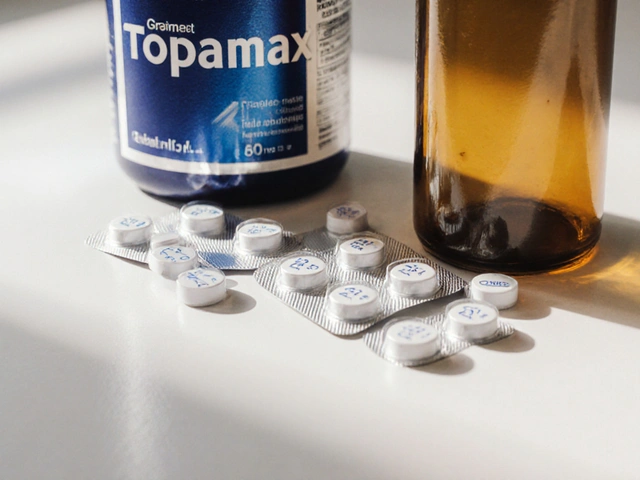Drug Interactions: How Food, Supplements, and Medications Can Clash and What to Do About It
Nov 17 2025
When you hear the term hypertension drugs, medications used to lower high blood pressure and reduce cardiovascular risk. Also known as blood pressure meds, they are prescribed for adults with elevated systolic or diastolic readings.
These hypertension drugs fall into a few well‑defined families. ACE inhibitors block the angiotensin‑converting enzyme, which widens blood vessels and eases the heart’s workload. Beta blockers slow the heart rate and lower the force of each beat, helping to cut down on pressure spikes. Calcium channel blockers prevent calcium from entering muscle cells, relaxing arterial walls and improving flow. Finally, Diuretics increase urine output, reducing fluid volume and easing the strain on blood vessels.
Choosing the right drug isn’t just about lowering numbers; it’s about matching a medication to a person’s overall health picture. If you have kidney issues, ACE inhibitors might need extra monitoring, while beta blockers are often preferred for patients with a history of heart attacks. Calcium channel blockers work well for people of certain ethnic backgrounds who respond less to ACE inhibitors. Diuretics are a first‑line option for many because they’re cheap and effective, but they can affect potassium levels, so labs are essential.
Side‑effects also steer decisions. Cough is a common complaint with ACE inhibitors, leading some doctors to switch to an angiotensin‑II receptor blocker (ARB) instead. Beta blockers can cause fatigue or reduced exercise tolerance, which matters for active individuals. Calcium channel blockers sometimes cause ankle swelling, while diuretics may raise blood sugar in diabetics. Knowing these trade‑offs helps clinicians and patients find a balance between efficacy and quality of life.
Beyond the drugs themselves, lifestyle changes amplify results. Reducing sodium, exercising regularly, and managing stress work hand‑in‑hand with any medication class. When a single drug isn’t enough, doctors often combine two or three agents that act on different pathways, achieving better control with lower doses of each.
Below you’ll find a curated set of articles that dive deeper into specific hypertension drugs, compare treatment options, and share real‑world tips for staying on track. Whether you’re starting a new prescription, switching therapies, or just want to understand how these medications fit into your health plan, the collection offers practical insights you can apply right away.
A thorough comparison of Avalide (Irbesartan) with other ARBs and alternatives, covering efficacy, side effects, cost, and when each option is best.

Nov 17 2025

Dec 15 2025

Jan 13 2026

Jan 3 2026

Oct 5 2025